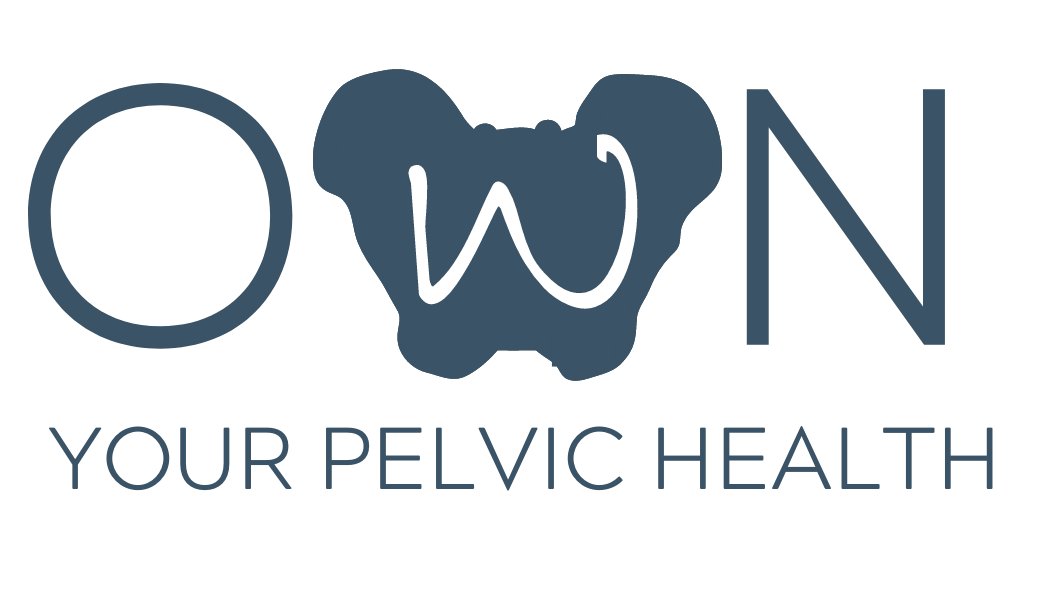Occupational Therapy’s Role in Maternal Health
Occupational therapy isn’t the most well-known or glamorous profession. We often get overlooked or confused with physical therapy. But ever since I discovered this profession - and more specifically our role in maternal health - I want to shout it from the rooftops.
WHAT IS OCCUPATIONAL THERAPY?
In short, occupational therapists help people participate in the activities they need and want to do. We work in hospitals, schools, prisons, mental health facilities, outpatient clinics, and patient homes. Our background includes a combination of anatomy, physiology, kinesiology, psychology, sociology, mental health, and more.
We’re taught in school to approach the whole person- physically, cognitively, emotionally, spiritually, culturally, socially, in their unique environment. We’re taught to consider every strength and potential barrier to an individual’s ability to complete all the things they need, want, and are expected to do. We’re taught that our client or patient is the expert on their body, their situation, their goals- and our role is to help them achieve those goals. We’re not fixers. We’re facilitators. And we are literally the only profession that does this. We have an amazing skill set that combines anatomy, psychology, neuroscience, sociology, and mental health training.
HOW OT WORKS IN MATERNAL HEALTH
With that in mind, let’s consider a pregnant woman. Anatomically and physiologically, her body is changing in ways it never has before (even if it’s not the first pregnancy or birth- they’re all unique!). She might not understand why, how, or when these changes will happen and how they will affect her daily activities. Emotionally, She may have increased angry, sad, or anxious responses because of the hormonal and physical changes. Cognitively, she may have “pregnancy brain” (it’s a real thing!) and forget things or find it harder to do simple tasks. Socially, she may feel isolated, judged, or unsure about who should be in the baby’s life. In each of these areas, we can listen, educate, provide resources, relieve pain, increase strengths and treat specific barriers.
Now let’s consider her again when she’s newly postpartum. She’s recovering from trauma to her pelvic floor after months of pressure and stress to those muscles, she may be recovering from a tear or episiotomy, and she may be recovering from major abdominal surgery (C-section). She may have engorged and painful breasts. She may be processing a traumatic birth experience. She may have baby blues, postpartum depression, anxiety, anger, or other mood disorder. She may not have known her beautiful pregnancy hair was going to fall out. She may be sleep deprived because the baby’s not sleeping consistently or she’s too anxious to sleep. She may resent her partner because they’re not experiencing parenthood the same way she is. She may be dying for help but not know how or what to ask for. She may re-evaluate relationships with friends and family and who is important to have in her baby’s life. She may have residual back, neck, and pelvic pain. She may feel like she’s completely lost herself and doesn’t know if she can still be who she was now that she’s a mom. She may feel guilty for taking any time to try to “find” herself again. This list could literally go on forever..
If this is not a person who needs a holistic approach to health and wellness, I don’t know who is. This person needs someone who understands how the physical, emotional, social, cognitive, psychological, and environmental pieces fit together. Addressing urinary incontinence or pelvic pain is going to be more effective if you can address the fear or embarrassment of leaking in public or the guilt and shame of saying no to painful sex. Understanding body mechanics and task breakdown of feeding, bathing and dressing a baby will allow you to address neck and back pain more holistically. Difficulty with sleep deprivation or nutritional deficits is best addressed by someone who understands habits, routines, and the environment. You can’t help someone “find themself” without understanding what’s important to them- what makes them who they are. The answer is always occupations!
We have an incredibly unique perspective that perfectly positions us to support women throughout the perinatal period. We are uniquely OT, we have an unbelievable service to provide that no one else can, and we need to OWN it!
Are you an OT- did I miss anything? What do you think?
Other healthcare professional? Thank you for being part of the team! We value your unique approach too. Did you learn anything new?

